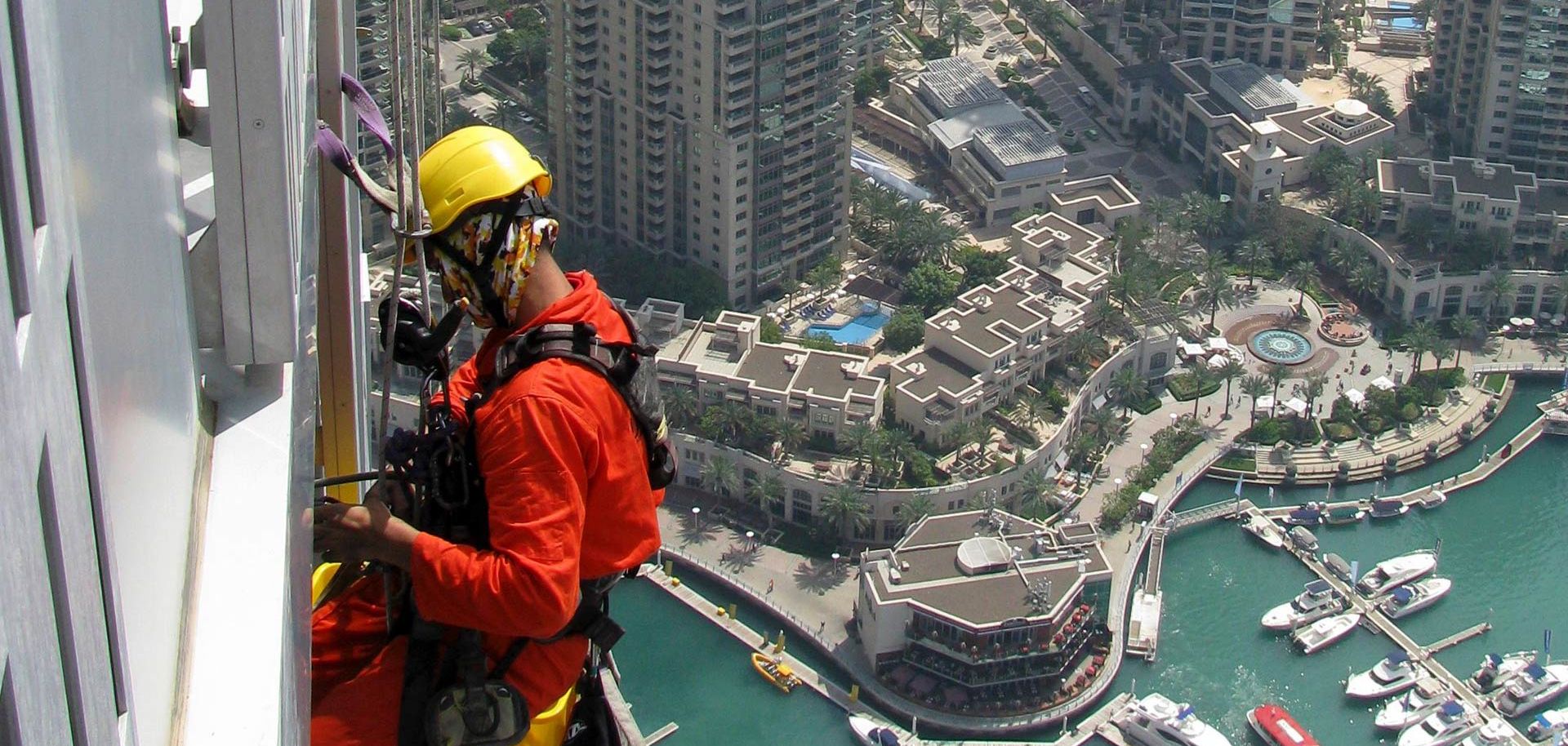Oil is the foundation of the Persian Gulf's wealth. But the recent collapse in oil prices has made the six members of the Gulf Cooperation Council painfully aware of the risks of relying on such a volatile commodity. Now, Saudi Arabia, Kuwait, Qatar, Bahrain, Oman and the United Arab Emirates are working to leverage their existing wealth to diversify their economic bases -- an effort requiring painful measures that risk upsetting the existing political order. The coming transition will also take labor, since workers will be needed for massive infrastructure and construction projects and to staff growing tourism, financial and retail sectors.
Yet historically, Gulf state residents have been fairly uninterested in working in the private sector; instead, they prefer the more lucrative public sector jobs. And so, for decades Gulf states have turned to migrants from South and Southeast Asia to supplement their workforces in virtually every sector. Now...

